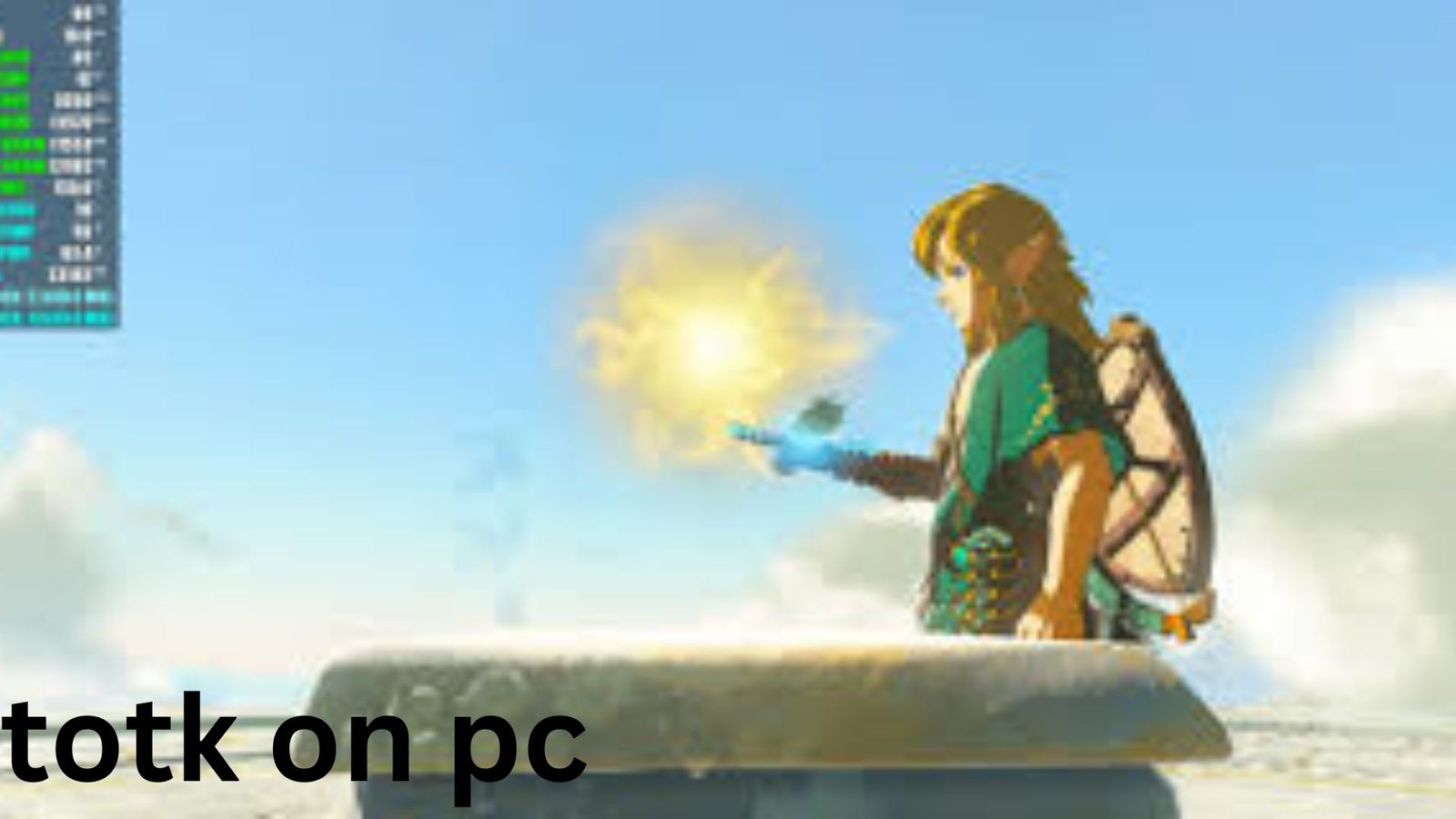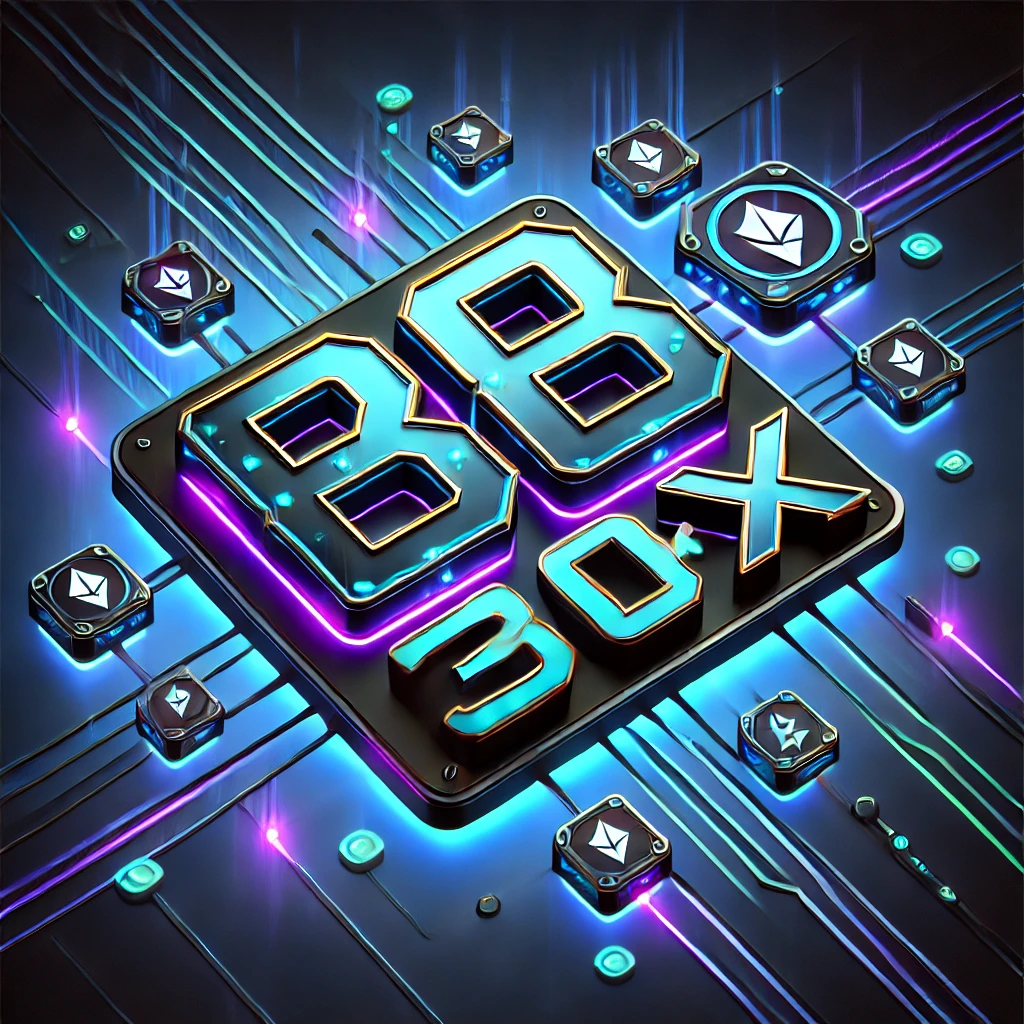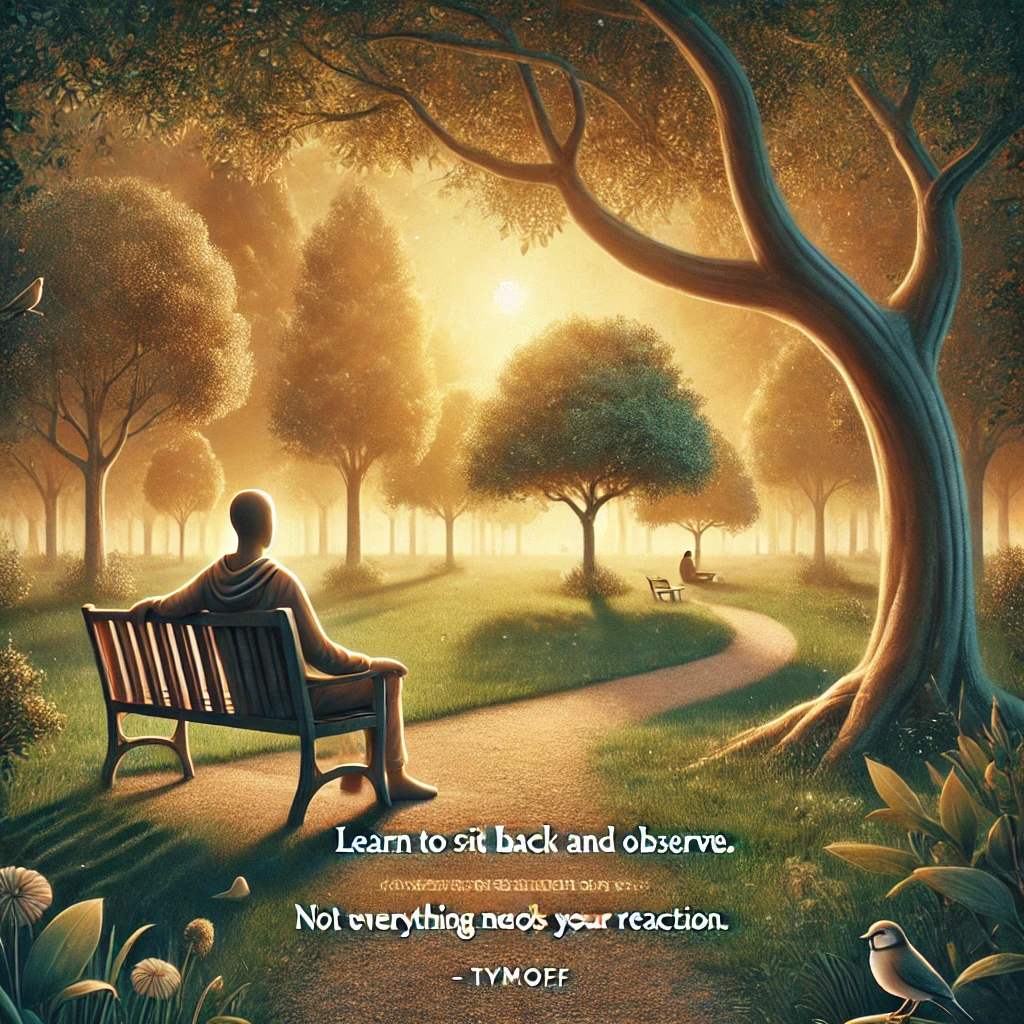Intro
Have you ever found yourself wishing you could play Zelda Tears of the Kingdom on your PC? The reality is that TOTK is a Nintendo Switch exclusive game, which means that playing it on a PC natively is impossible. However, in this blog post, we will explore the technical barriers to playing TOTK on PC, the role of emulators in the gaming community, official statements and policies from Nintendo on emulation, and alternative options for PC gamers eager to explore the world of Hyrule.
Understanding the Nintendo Switch Exclusivity
Zelda Tears of the Kingdom, abbreviated as TOTK, stands as a shining example of Nintendo’s strategy to leverage its flagship titles to boost the appeal of its hardware platforms. Exclusivity to the Nintendo Switch ensures that this beloved adventure game capitalizes on the unique capabilities and features that the Switch offers. From its innovative Joy-Con controllers that provide an immersive gaming experience to the console’s hybrid nature, allowing seamless transition from home console to portable device, TOTK is designed to integrate deeply with these elements. This exclusivity not only enhances gameplay but also serves as a key selling point for the Nintendo Switch, driving console sales by tethering highly anticipated titles like TOTK directly to Nintendo’s ecosystem. The decision to make TOTK exclusive to the Nintendo Switch is reflective of a broader industry trend where console manufacturers secure exclusive games to differentiate their platforms and create a compelling value proposition for gamers. In the case of TOTK, this approach not only showcases the technical and design innovations of the Nintendo Switch but also strengthens Nintendo’s market position by offering an experience that cannot be found on any other platform. As such, the exclusivity of TOTK to the Nintendo Switch is a deliberate strategy, emphasizing the symbiotic relationship between Nintendo’s software titles and its hardware innovations.
The Technical Barriers to Playing TOTK on PC
The intrinsic technical barriers that prevent TOTK from being played on a PC stem from the profound architectural differences between the Nintendo Switch and typical PC systems. The Nintendo Switch operates on a custom Nvidia Tegra X1 system-on-chip, a unique hardware setup specifically tailored for the console’s gaming and mobility requirements. This contrasts sharply with the diverse ecosystem of PC hardware, which encompasses a broad range of processors, graphics cards, and other components across various manufacturers. PCs also run on multiple operating systems, such as Windows, macOS, and Linux, each with its own set of standards and compatibility requirements.
These differences are not merely superficial or cosmetic; they fundamentally affect how games are developed and run. Video games like TOTK are intricately designed with the Switch’s specific hardware capabilities in mind, optimizing performance and playability. Porting such a game to PC would not be a straightforward task. It would require a comprehensive reworking of the game’s code to accommodate the vast array of PC hardware configurations and operating systems, ensuring that it runs smoothly and without issues. This is a significant technical challenge and one that developers often deem not feasible for exclusive titles that are meant to showcase the unique features of their native platform.
Furthermore, the Nintendo Switch’s distinct input methods, including motion controls and touchscreen functionality, are integral to the gameplay experience of many titles, including TOTK. Replicating these features on a PC would necessitate additional layers of emulation or customization, compounding the technical hurdles. These barriers highlight the complexity of bringing a game like TOTK, which is deeply integrated with the Switch’s hardware and design philosophy, to a fundamentally different platform like the PC.
The Role of Emulators in Playing Switch Games on PC
The conversation around emulators as a gateway to experiencing Switch games like TOTK on PC is nuanced and complex. Emulators mimic the console’s operating system, offering a bridge for those desiring to play console-exclusive titles without the original hardware. This software has become increasingly sophisticated, with some capable of running Switch games at high performance levels that closely match or even surpass the original experience on the console. Despite their technological marvel, the utilization of emulators occupies a legally grey area. While the software itself isn’t illegal, acquiring game files (ROMs) without owning the original copy veers into copyright infringement, a concern that aligns with Nintendo’s stringent anti-piracy stance.
The allure of emulators is understandable. They provide an opportunity for gamers to experience titles they otherwise couldn’t, due to platform exclusivity or hardware availability. Community-driven projects behind these emulators often aim to preserve video games as a form of digital heritage, ensuring titles remain accessible as technology evolves. However, the ethical considerations cannot be overlooked. Playing TOTK through an emulator without purchasing the game directly impacts Nintendo’s revenue and, by extension, the developers who invest significant resources in creating these immersive worlds.
Given these factors, the role of emulators in playing Switch games on PC invites a broader discussion about copyright, game preservation, and the future of cross-platform accessibility. While they offer a solution to platform exclusivity, they also challenge the legal and ethical frameworks that protect intellectual property in the gaming industry.
Official Statements and Policies from Nintendo on Emulation
Nintendo’s stance on the use of emulators to play games like TOTK on platforms not sanctioned by the company is unwavering and clear. The gaming giant views emulators as a direct challenge to its intellectual property rights and an enabler of piracy. Through various legal actions, Nintendo has consistently demonstrated its intent to protect its exclusive titles from being distributed or played unlawfully. The company’s legal teams are vigilant, actively pursuing and taking down websites that host emulators and ROMs of Nintendo games, reinforcing their message that such practices are not tolerated.
Nintendo asserts that emulation undermines the company’s ability to innovate and deliver unique gaming experiences to its audience. By circumventing the intended hardware for game titles, emulators disregard the specific design and interaction choices made by developers to tailor experiences for the Nintendo Switch. This perspective is grounded in the belief that the value of games like TOTK lies not just in the software but in the holistic experience designed for Nintendo’s ecosystem.
Furthermore, Nintendo has issued several warnings and taken legal measures against individuals and organizations that facilitate the distribution of their game ROMs without authorization. Their aggressive defense of their copyright is not just about preventing piracy but also about preserving the integrity and exclusivity of their gaming experiences. Through public statements and legal documents, Nintendo communicates its position: emulation without express permission not only violates their copyrights but also potentially harms the broader gaming community by undermining the industry’s economic model and the trust between creators and consumers.
Alternatives for PC Gamers Eager to Explore Hyrule
For PC gamers with a longing to immerse themselves in the magic of Hyrule but faced with the reality that Zelda Tears of the Kingdom is out of reach, there remains a beacon of hope. The gaming world is rich with indie games that draw inspiration from the intricate puzzles, vast landscapes, and captivating stories reminiscent of the Zelda series. These games, available on various PC gaming platforms, offer a fresh perspective while retaining the essence that makes the Zelda franchise beloved by many. Additionally, for those willing to invest in a Nintendo Switch, the eShop presents an opportunity to delve into the broader universe of Zelda, including both classic titles and newer adventures. This approach not only supports the creators directly but also ensures that gamers can experience the full depth and nuance intended by the developers. Embracing these alternatives allows PC gamers to explore thematic and gameplay elements akin to those in Zelda, ensuring the spirit of adventure remains alive even outside the confines of official game releases on the platform.
Must Read: Get Into the Action: Unblocked Roblox Games on Now.gg
Conclusion – Accepting the Reality and Looking Forward
Concluding our exploration into the possibility of enjoying Zelda Tears of the Kingdom on PC, we acknowledge the limitations set by its Switch exclusivity. Emulators present a potential path, yet they are entwined with complex legal and ethical considerations that cannot be ignored. The allure of Hyrule is undeniable, and for PC gamers, there are still avenues to experience similar epic adventures. The rich landscape of indie games offers an alternative, imbued with the spirit of exploration and challenge that defines the Zelda franchise. By supporting these games, players contribute to a thriving gaming community, encouraging the development of diverse and innovative experiences. Additionally, considering the acquisition of a Nintendo Switch opens up a direct gateway to TOTK and other Zelda titles, enabling gamers to support the creators and enjoy the games as intended. This journey underscores the importance of embracing the gaming landscape’s diversity and the ongoing evolution of how we engage with our favorite worlds. Looking ahead, the continuous dialogue between gamers, developers, and platform holders may someday reshape the current paradigms of exclusivity, potentially offering new ways to experience the games we love across platforms. For now, the adventure continues, with countless worlds waiting to be explored, both within and beyond the realm of Hyrule.











Leave a Reply